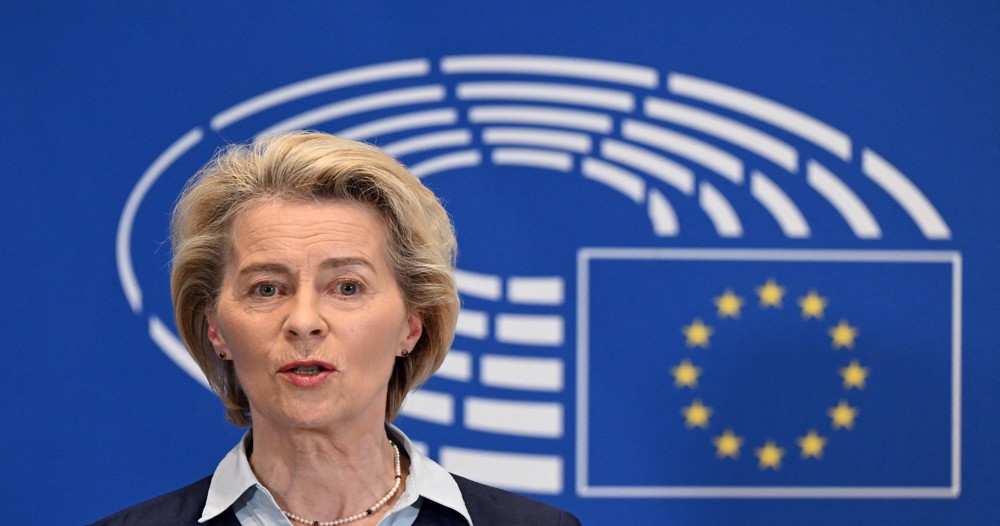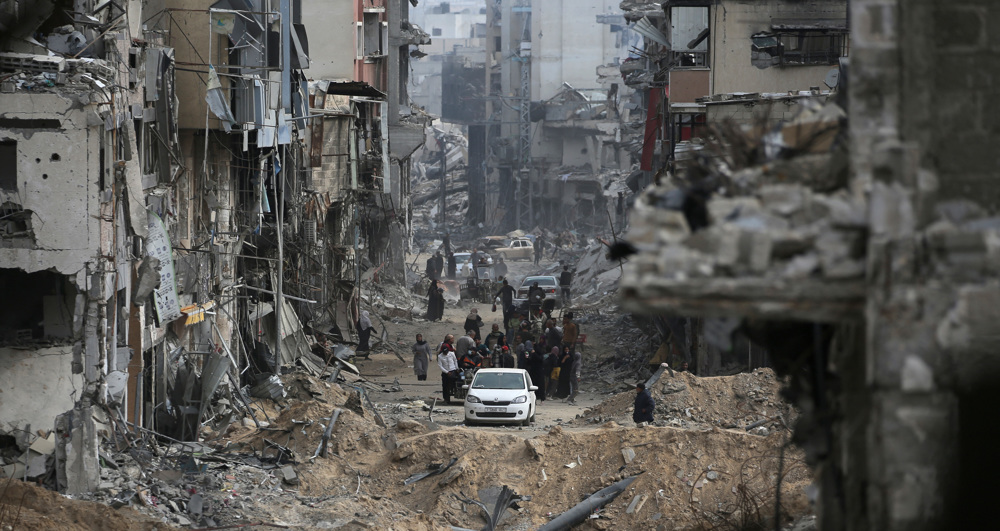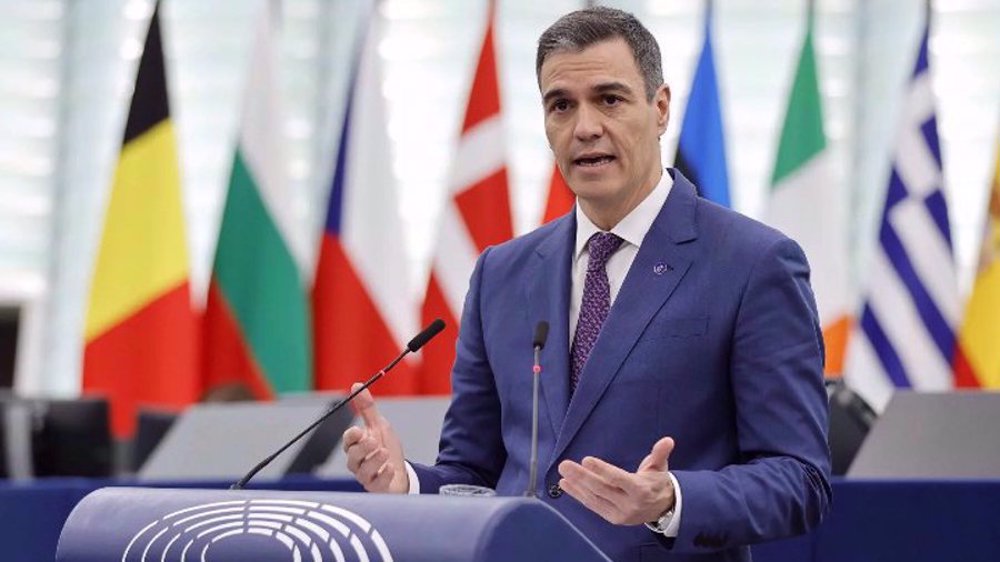More Daesh terrorists sent to Europe: Belgium
Belgian officials say there are signs that more Daesh-linked terrorists have been sent to Europe after bombings killed 32 people in Brussels last month.
French Prime Minister Manuel Valls also said Wednesday the government will ask parliament to extend a state of emergency declared after the Paris terror attacks.
The measure, which gives the state increased security powers, was imposed following the November 13 Takfiri attacks that left 130 dead and hundreds wounded in the French capital.
The measure was already extended by three months in February until May 26 but Valls said the government hopes to extend it to cover the Euro 2016 tournament to be held in France from June 10 to July 10.
He said Interior Minister Bernard Cazeneuve will make a proposal to the cabinet later Wednesday and a text would be sent to parliament, which would vote on the issue.
"We will propose to extend (the emergency) for a period of two additional months from the end of May in view of the threat," he said.
The exceptional measure allows authorities to place under house arrest any person who is considered "a threat to security and public order" and to order searches of homes at any hour without involving the court.
Since it was imposed in November, more than 3,500 searches have been carried out, resulting in 400 arrests, Cazeneuve said on Friday.
On Tuesday, Belgian officials decided to maintain threat status at the second-highest level after the country’s threat analysis authority, Paul Van Tigchelt, said Daesh has sent terrorists to Europe for new attacks.
"There are indications that Islamic State (Daesh) has sent fighters to Europe and Belgium, the threat level which is currently at three will not go down," he said.
Daesh, which is mainly active in Syria and Iraq, claimed responsibility for the Brussels attacks, which occurred on March 22.

Four bombers were involved in the Belgium attacks, three of whom blew themselves up. The fourth, whose explosive device did not go off, had fled the scene and was at large until recently. He was identified upon arrest as Mohamed Abrini.
The nexus behind the strikes has also been linked to the November 2015 attacks in Paris, which killed some 130 people and were likewise claimed by Daesh.
Investigations into the Paris attacks revealed that the perpetrators were mostly Belgium-based. On March 18, the main suspect in the attacks, Salah Abdeslam, was arrested in Brussels.
Authorities have also announced that Abrini’s fingerprints and DNA were found in two safe houses in Brussels and in a vehicle linked to the Paris attacks.
In February, the European Union's criminal intelligence agency Europol said up to 5,000 trained members of Daesh were at large in Europe.
Some 30,000 militants from over 100 countries have reportedly traveled to Syria and Iraq since 2011 to join the ranks of Takfiri terrorist groups.
Eager to see the back of the Syrian government, many European countries initially turned a blind eye to the flow of citizens to the Middle East, ignoring warnings that they would return someday and hit back at home.
US vetoes Palestinian request for full UN membership
Iran sufficed to striking part of Israel’s military positions: FM to UN chief
IRGC: Israel’s Dimnoa nuclear reactor not among Op. True Promise’s targets
VIDEO | West Asia awakens
'Stop any further Israeli adventurism,' Iran FM tells Security Council
Google fires 28 employees for protesting military deal with Israel
Burkina Faso expels three French diplomats over ‘subversive activities’
Iran slams G7 statement, vows no iota of doubt to respond to aggression















 This makes it easy to access the Press TV website
This makes it easy to access the Press TV website